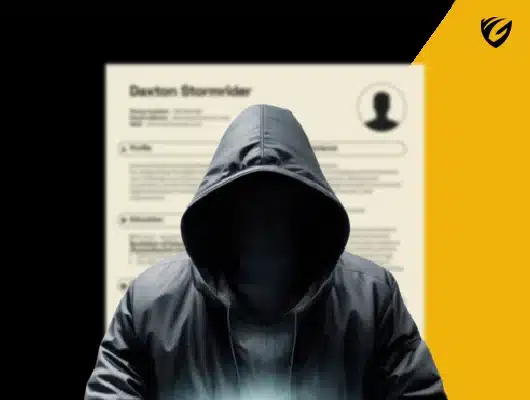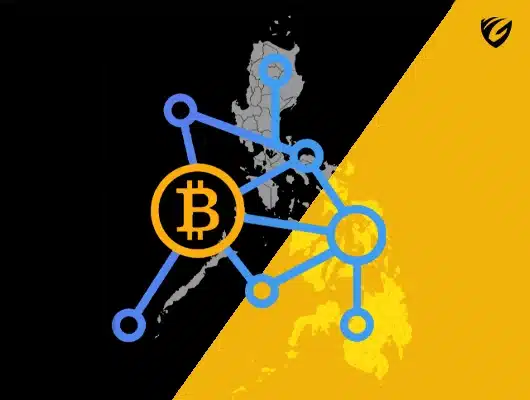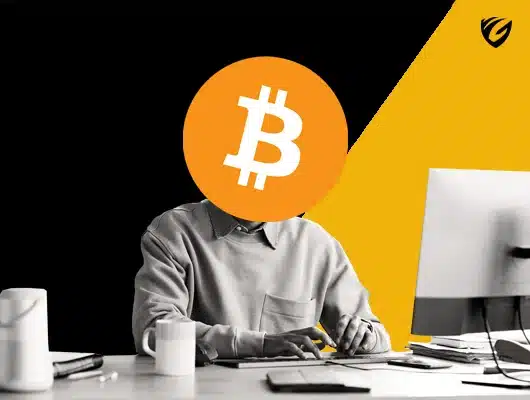Telegram CEO’s Arrest Sparks Global Outcry Over Free Speech
The arrest of Telegram CEO Pavel Durov in France has sent shockwaves through the tech industry and sparked widespread concern about the future of free speech. Durov was detained at Le Bourget Airport near Paris on August 25th, under serious allegations that include terrorism, narcotics trafficking, fraud, and money laundering. If convicted, he could face up to 20 years in prison. The arrest has raised critical questions about the safety and freedom of tech CEOs operating in Europe, especially in a climate that increasingly challenges open communication.

Global Tech Leaders React
The arrest quickly drew responses from notable figures in the tech world. Rumble CEO Chris Pavlovski announced that he had safely left Europe due to similar concerns, vowing to fight for freedom of expression. He accused France of crossing a “red line” by arresting Durov for what he claims is a failure to censor speech on Telegram.
Edward Snowden, the former US intelligence officer, and whistleblower, also weighed in, condemning the arrest as an assault on basic human rights. He expressed his dismay at French President Emmanuel Macron, accusing him of taking a drastic step to gain access to private communications.
Elon Musk, owner of X (formerly Twitter), labeled the situation as “dangerous times” and joined the #FreePavel movement, underlining the growing risks to free speech in an increasingly restrictive environment.
France’s Stance and Judicial Justifications
Amid the growing criticism, French President Emmanuel Macron defended Durov’s arrest, emphasizing that it was not a political decision but rather part of an ongoing judicial investigation conducted by an independent judiciary. Macron asserted that France remains committed to freedom of expression and innovation but suggested that legal responsibilities must still be enforced.
The arrest has triggered a broader debate about the implications for global free speech. Political figures like Robert F. Kennedy Jr. and Linda Yaccarino, CEO of X Corp, have echoed concerns that the need to protect free speech has never been more urgent. Yaccarino quoted George Washington to emphasize the dangers of silencing free expression.
However, others, like retired Lt. Col. Alexander Vindman, took a different view, suggesting that Durov’s arrest signals a growing intolerance for platforms that allow the spread of disinformation and malign influence. He hinted that such enforcement actions are likely to increase in the future.
A Troubling Precedent
Durov’s arrest highlights the tension between the need for regulation and the protection of free speech. It has set a troubling precedent, raising fears that other tech executives and platforms might face similar actions in the future. As the global debate over free speech and censorship intensifies, the arrest of Pavel Durov may mark a significant turning point in the relationship between tech companies and governments worldwide.



